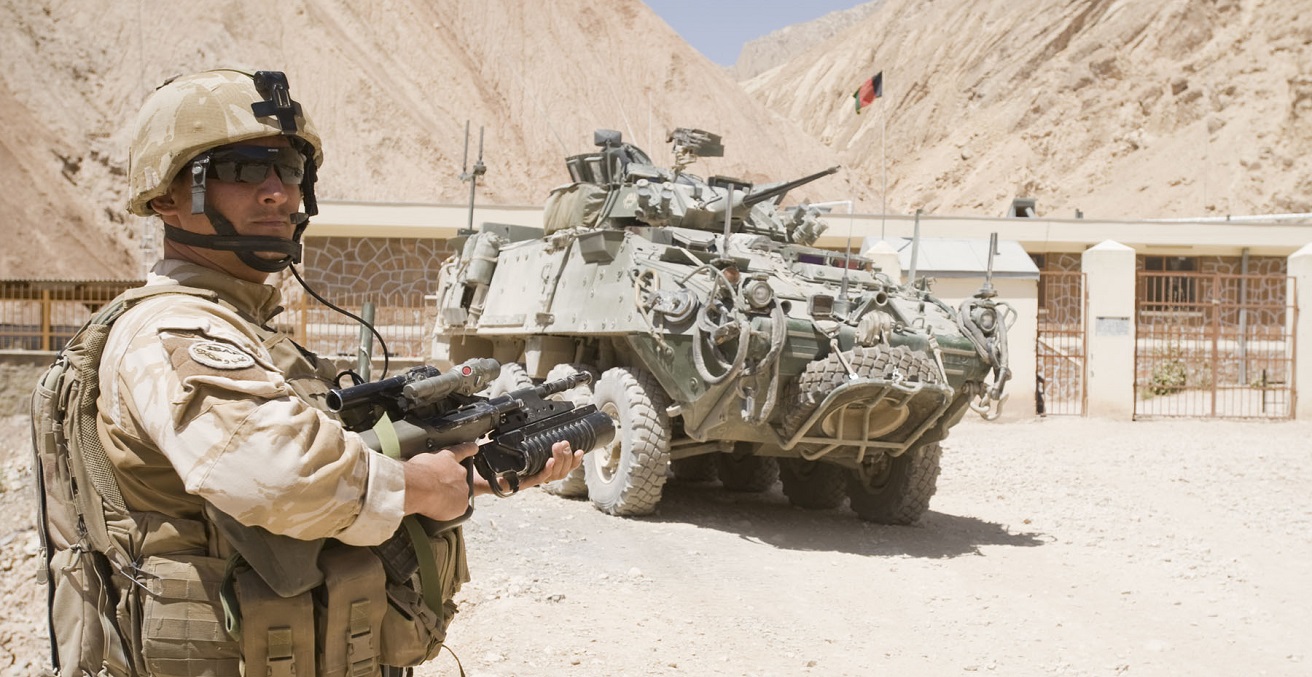The international community should exploit regional dialogue formats to ensure the Taliban do not interfere in the affairs of Afghanistan’s neighbors if the insurgent group eventually captures Kabul, former Indian diplomat M. K. Bhadrakumar said.
As Taliban Sweeps Afghanistan, Its ‘Department Of Evil’ Sends Shivers Across The Female Subjects
Bhadrakumar served as a diplomat in the Indian Foreign Service for three decades, half of which was devoted to assignments on the territories of the former Soviet Union and to Pakistan, Iran and Afghanistan.
“There is no alternative but to work with the Taliban in the larger interests of regional security and stability. The effort should be to encourage the Taliban to fulfill its assurances regarding non-interference in the neighboring countries’ affairs and disallowing terrorist activities from Afghan soil,” Bhadrakumar told Sputnik news agency.
“They [the Taliban] are pragmatic,” Bhadrakumar added.
The US-Uzbekistan-Afghanistan-Pakistan (QUAD-2) format, Bhadrakumar said, already provides a platform to “recalibrate in the event of a Taliban takeover.”
Afghanistan has witnessed a spike in violence as the Taliban stepped up military activities after international troops began withdrawing from the country in May, as part of the US-Taliban agreement signed in Doha in February 2020.
Is Pakistan Using Its Airforce Inc JF-17 Fighter Jets To Support The Taliban Against Afghan Army?
Fearing attacks and fleeing clashes, Afghan civilians and military recently crossed the border into Tajikistan.
Earlier this week, Moscow’s envoy to Afghanistan, Zamir Kabulov, said Russian military drills in Tajikistan send a signal to Central Asian partners that everything is in order as the Taliban made advances threatening neighboring states.
Kabulov also said Russia’s 201st military base in Tajikistan will be on stand-by but will not take any proactive steps.
On Friday, Russian Foreign Minister Sergey Lavrov expressed the belief that the Moscow format on Afghanistan conflict resolution is the most effective one for conducting peace talks.

Earlier, Afghan President Ashraf Ghani said on Friday he had spoken by phone with US President Joe Biden, who pledged further support for the Afghan National Defense and Security Forces (ANDSF).
“This evening, I spoke with President Biden over a phone call. We discussed the evolving but continuing relationship between the two countries. President Biden reassured me that support for the ANDSF will continue. We have confidence that they will protect & defend Afghanistan,” Ghani said on Twitter.
The presidents also reiterated the enduring partnership, continued diplomatic and economic support for the Afghan government, security forces and the importance of preserving the gains of the last twenty years, he added.
Both Presidents also agreed that the current offensive by the Taliban contradicts their claims to support peace talks, the White House said in a readout.
“President Biden and President Ghani agreed that the Taliban’s current offensive is in direct contradiction to the movement’s claim to support a negotiated settlement of the conflict,” the release said on Friday.
“They deplored the loss of innocent Afghan lives, including through continued targeted killings, as well as displacement of the civilian population, looting and burning of buildings, destruction of vital infrastructure, and damage to communication networks.”
Joint Chiefs of Staff Chairman Mark Milley said on Wednesday that about half of the 419 district centers in Afghanistan are under Taliban control, but they have not taken over any of the 34 provincial capitals in the country.




